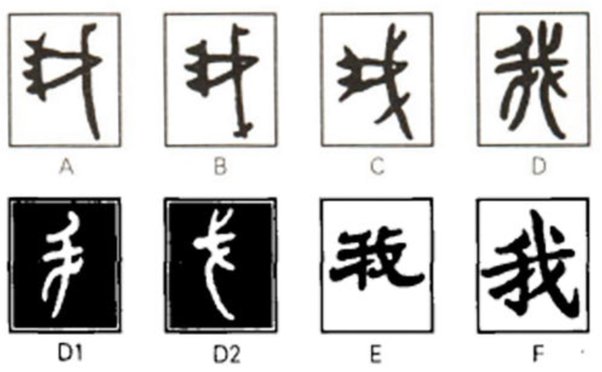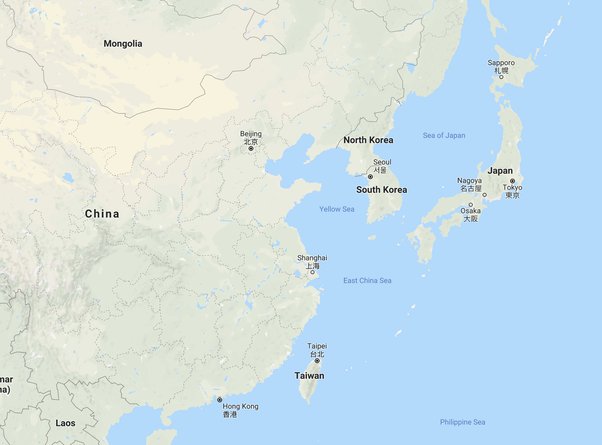I have to disagree with Paul Denlinger. “我” is not a modern word, nor being the pronoun for oneself in 20th century.
“我” first appeared in Chinese bone script in Shang dynasty (1600-1046BC).

A is the original format of “我”, and F is its modern look.
Its original meaning was a execution weapon much like an axe. Later on it became “shouting with weapon in hands”.
During the warring states period (475–221BC), the meaning of it was replaced by more advanced weapons.
While in the period from Han to Tang dynasty (202BC-907AD), 我 became the first person pronoun till now.
Japan used to have no writing system, until Japanese student brought Chinese characters back after studying in China. They used characters to represent the pronunciations. Much like how Japanese words appears in English content, like さくら/Sakura which means cherry blossom.
But for simply meaning words, I guess Japanese just took the Chinese character by its meaning, such as 俺.
Then why 俺 but not any other characters from the 100 ways of how Chinese call ourselves? I think it’s because of the geopolitical distance.

The most likely route for ancient Japanese to come to China is from the north, possibly going through Korea peninsula. This may explains why Japan in history invaded Korea many times. It’s the closest piece of the continent.
俺 in Chinese is a common first person pronoun in northern dialect. And because it’s totally not delicate, therefore used mostly by males.
As Michael Röschter stated, 俺 in Japanese is also for men. We can find a lot of examples in Japanese movies and TV dramas when someone use the pronoun from the opposite sex after a soul exchange. Most likely scene is when a girl says 俺 then switch to 私.
I don’t think this is a coincidence.